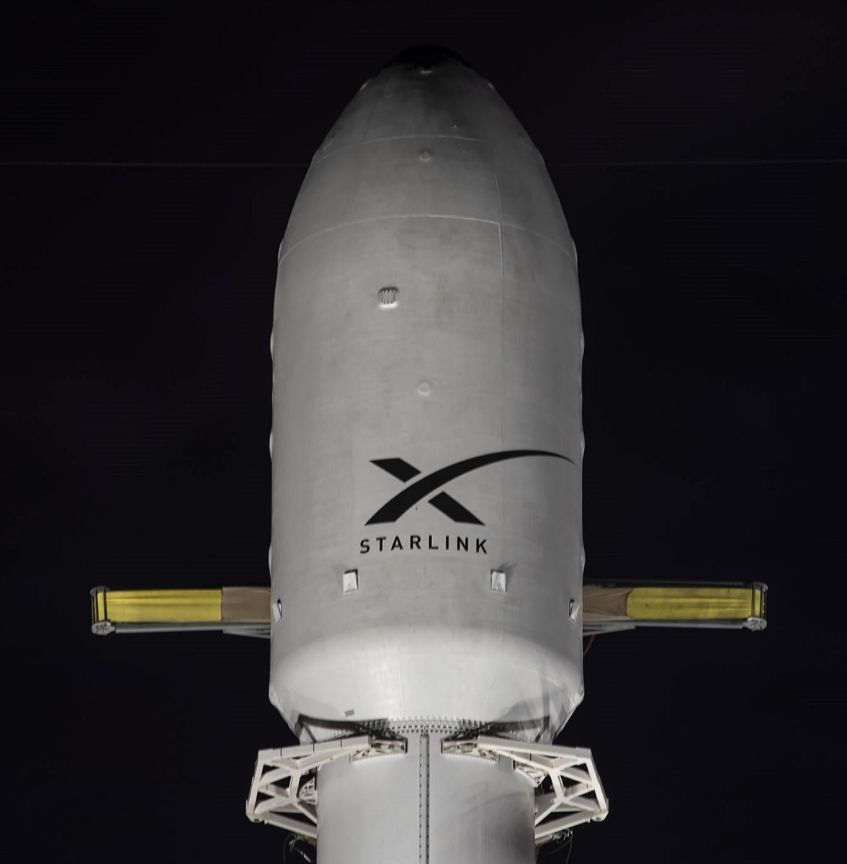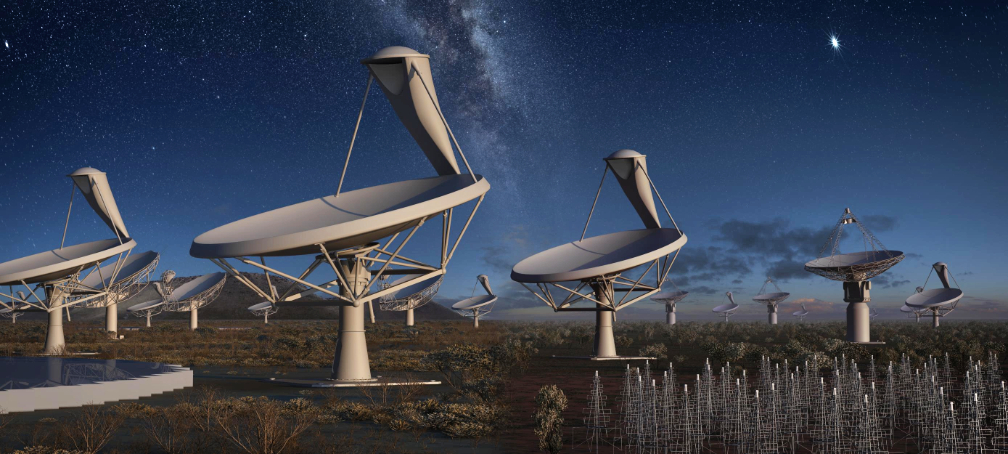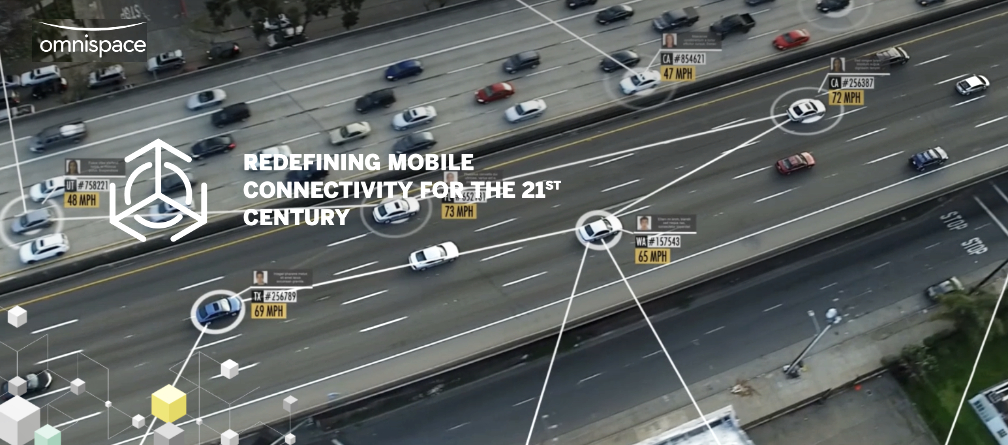
Elon Musk’s Starlink broadband-by-satellite system has added South Africa as a target market.
South Africa’s media and telecoms regulator ICASA (Independent Communication Authority of South Africa) confirming that SpaceX is in discussion with the regulator about obtaining a license to operate in the country.
To operate in South Africa and to provide its satellite-based internet service in South Africa, SpaceX will need to acquire an Individual Electronic Communications Network Service (I-ECNS) and Individual Electronics Communications Service license.
“ICASA had a brief meeting with SpaceX about the regulatory requirements last week. A further meeting will be held in due course on the same matter,” the Authority told local press.
However, there’s a potential technical problem. South Africa is the host of the giant Square Kilometre Array (SKA) radio telescope which is based in a recognized ‘Radio Quiet Zone’ and extremely isolated location where external interference is minimal.

The SKA operates in the 10.6-10.7 GHz band. SpaceX uses the 10.7-12.7 GHz bands for its downlinks to users. The organization behind the SKA is worried that these downlinks from a multitude of LEO Starlink satellites will simply saturate and drown out the sensitive SKA signals.
Starlink has been widely reported to be looking to start services globally during 2022, and including South Africa.
Also of note is that Omnispace, a relatively new name in the satellite industry, states the company’s mission statement is to “redefine mobile connectivity for the 21st century.” The firm has recently raised $60 million (49.3 million euros) in equity financing.

Omnispace wants to build a global, 5G, hybrid mobile network and has already booked launch space on a SpaceX rocket for the company’s two satellites that being built by Thales Alenia Space for launch in 2022. Their aim is to set new standards for global connectivity solutions for the IoT, mobile satellite and mobile broadband markets.

“Omnispace is rethinking how communications networks operate. The launch of these satellites will enable the first phase of implementation towards delivering our world-class hybrid network, bringing the power of 5G from space to mobile networks, anywhere around the world,” said Ram Viswanathan, CEO, Omnispace.
The company’s strategy is to use terrestrial repeaters, and very low-cost ground (and vehicle) antennas which, with satellite coverage, can provide global coverage. The company says it will tap into 4G and 5G coverage from the likes of Verizon and Vodafone — then there’s its satellite constellation which will also use S-band transmissions.
Overall, the company says it will invest in about 200 LEO satellites and fewer than 15 MEO satellites. Omnispace owned the former ICO Global site in Queensland, Australia. The firm owns the ICO antennas in Germany. Sites in Dubai, South Africa, Chile and Mexico City are owned by the respective teleports in those locations. The company also has a key “partnership” position with Intelsat and it has outsourced its operations to that company. An Intelsat director sits on Omnispace’s board of directors.

